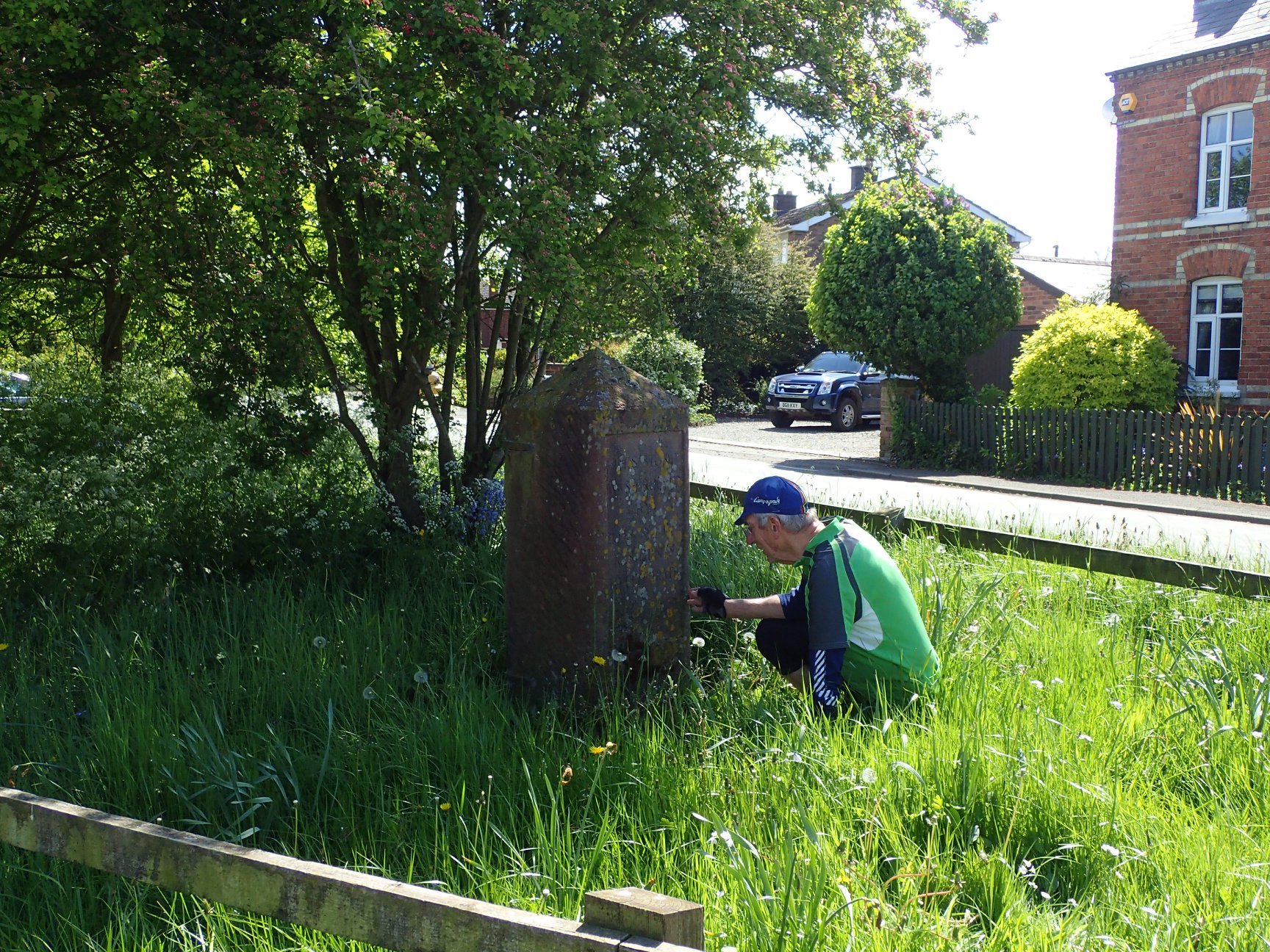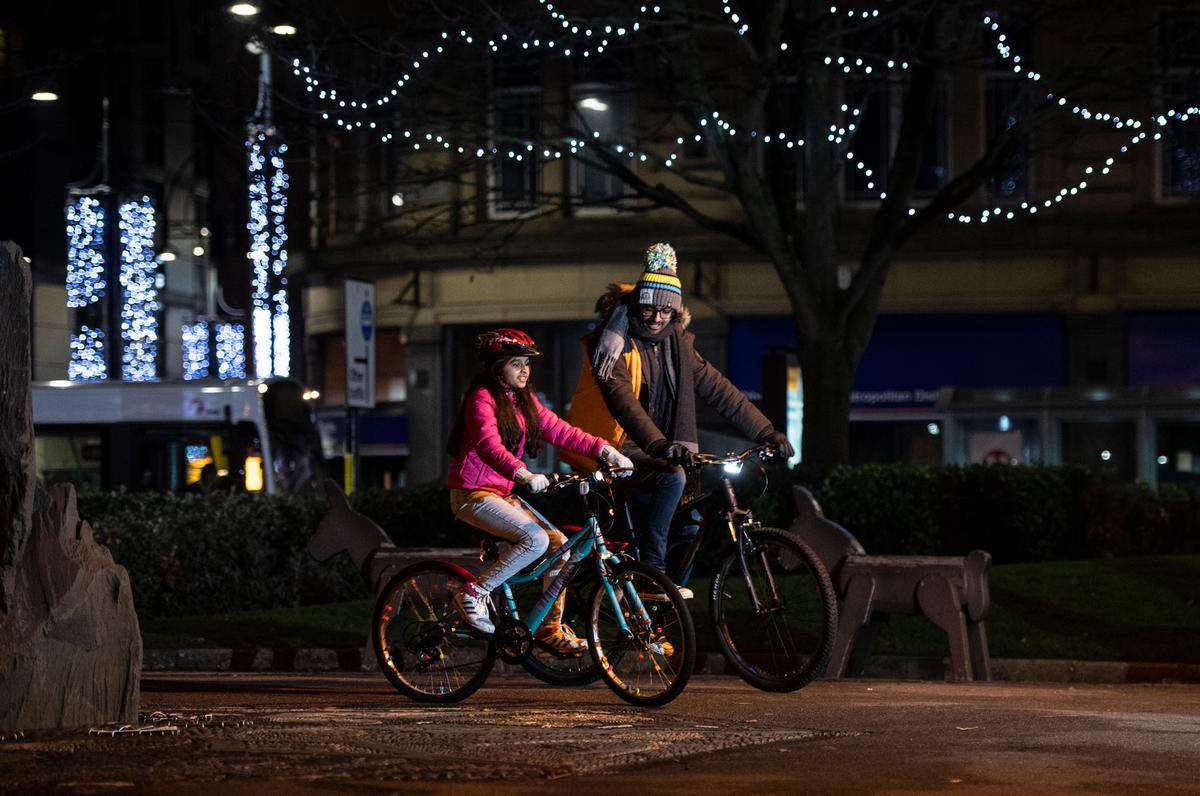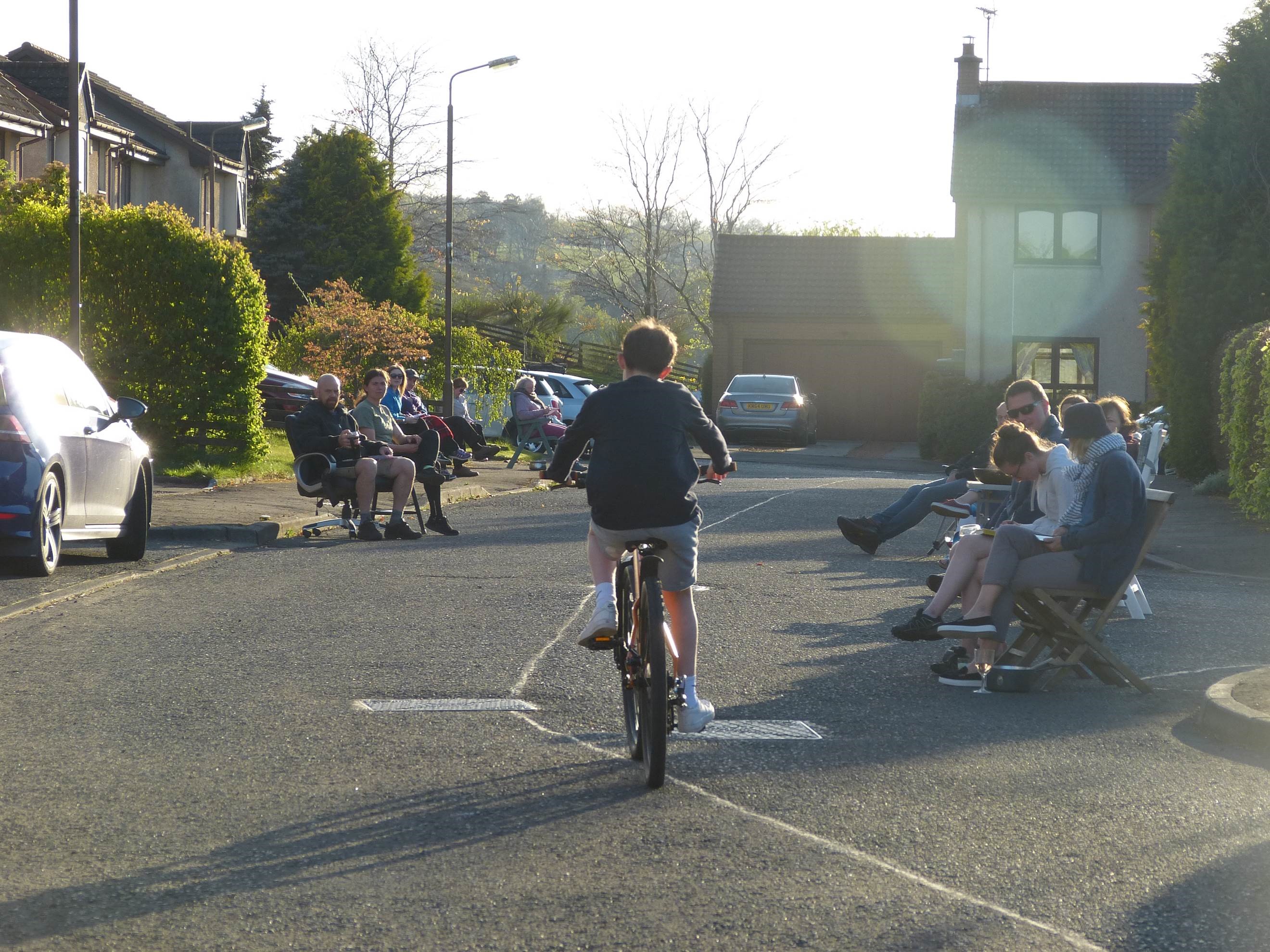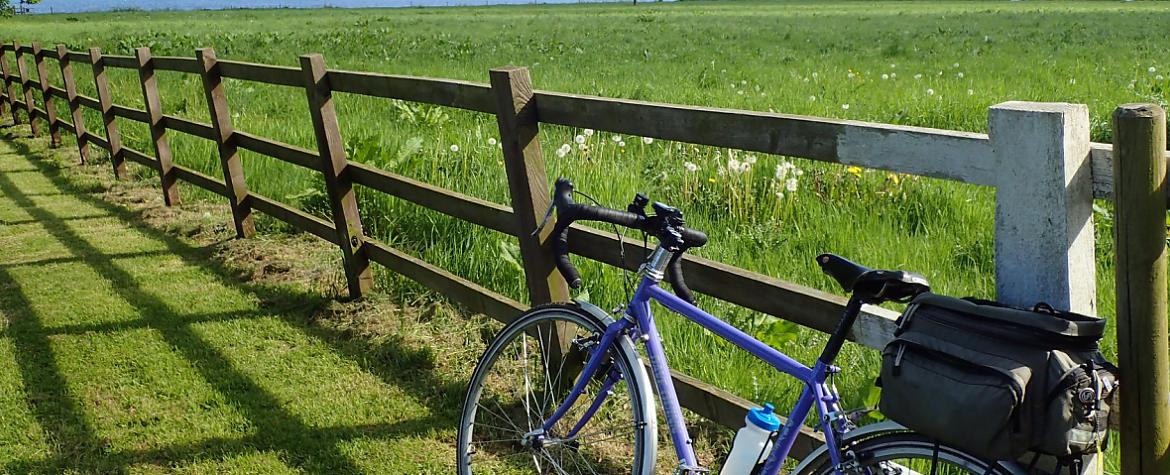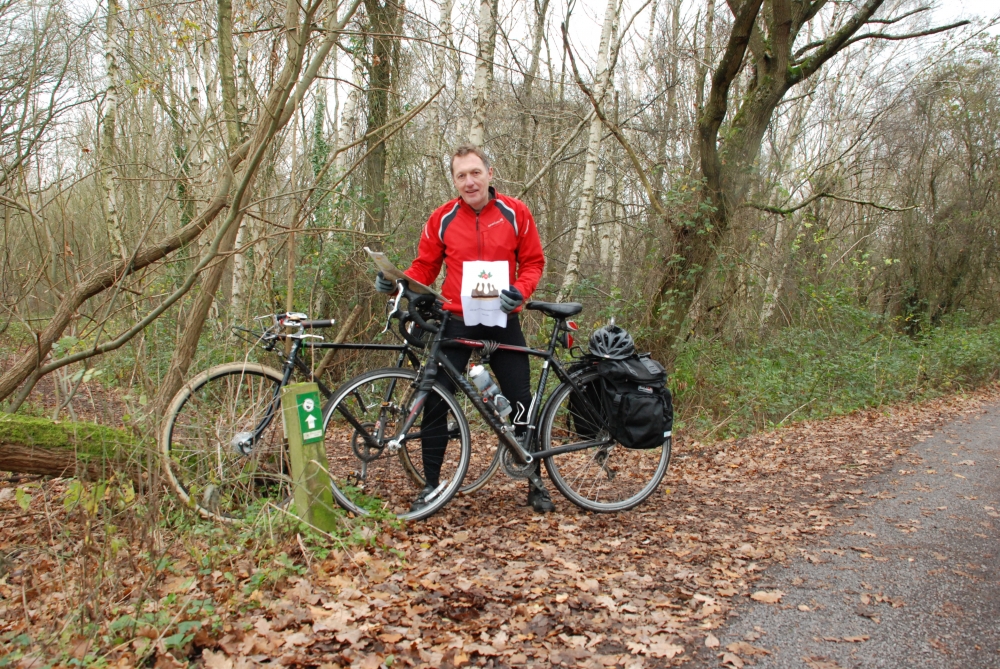How to organise a cycling treasure hunt
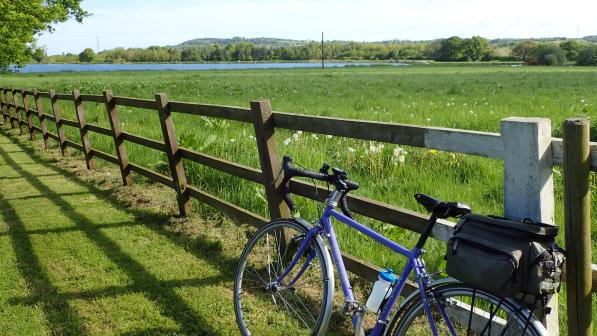
What is a cycling treasure hunt?
They are ‘fun’ cycling competitions which can be ridden by riders of all ages (although juniors will have to be accompanied by a responsible adult). At the start of the event the organiser will brief the entrants about the competition and the route; the route sheet will be handed out and between the route instructions will be the questions that need to be answered during the ride.
How to write the clues
Try and write clues that are tricky but not too challenging. Aim for 30-35 clues although it varies as some routes are easier to write clues for than others. To make the event enjoyable everyone needs to be able to get a fairly high proportion of the answers otherwise people will lose interest. To be able to sort out a winner there need to be some difficult clues; these can be a bit more cryptic. The question below is hard because people don’t know what will have the name Lucy on it
Q.Where is Lucy from?
A.Oxford (name on grey metal box in hedge on right)
If you wanted an easier question for the same object you could ask
Q. What is the girl’s name on the grey metal box
A. Lucy
With some questions it is just a case of finding straight forward information
Q.Who made the gates in 1727?
A. Davies brothers of Bersham (the answer on a plaque by the gates)
Others are slightly more cryptic
Q. Where should you seek direction on money matters?
A. Compass Financial (the name of a local business)
"Generally I ride around and set the route noting any possible answers" says Lowri Evans, "I then work out what I will ask. It is a good idea to mix easy and difficult questions as that means people will be able to work out if they have missed a clue."
What is the ideal distance for a cycling treasure hunt?
Aim for 13 – 17 miles. A treasure hunt takes a lot longer than a regular ride.
Why does your member group organise a cycling treasure hunt?
The Cyclist Touring Club has had a tradition of organising events such as these. Also for many years they have formed part of the Tourist Competition. Importantly they are short events so that riders of a wide range of abilities can take part; people who might not want to ride a long event will be able to enter a treasure hunt and not have to worry about keeping up, or not being able to manage the distance.
We have two categories that people can enter – individual or team (teams are usually pairs). By doing this, those who want tourist competition points, or who have the confidence to ride on their own, can take part in the individual competition; juniors, tandems, those who lack confidence or people who want a social ride round can enter as pairs. For many years these events have been part of the Welsh Festival of Cycling and we often have juniors riding the event with members of their families. These events also give a chance for people to socialise together at the end.
"I think the secret is keeping it slightly competitive but still great fun" says Sue Booth "small prizes, eg a mug, is great as it is a token and you have fun with the prizegiving too!"
Why other cycling groups and clubs should organise a treasure hunt?
The events are fun to ride, may take people on routes and lanes they wouldn’t otherwise ride. They give a good opportunity for people to meet up and socialise at the end. They allow people who might not otherwise be able to participate in events have an event they can get round and do well in.
Top tips for organising a cycling treasure hunt
- Have a briefing sheet so people have some idea what the event is about.
- Have a map with the route marked up at the start so that people have an idea where they will be going.
- Think about safety when you set the route – avoid having clues on busy roads.
- If you need to negotiate a tricky junction consider whether to instruct riders to walk in that area (and to make sure they do put a clue or two that they will only be able to get when walking).
- Clearly tell them when to remount.
- Try to avoid right turns on major roads.
- Remember to complete the Cycling UK risk assessment.
- Have the finish time clearly marked or the route/question sheet (it takes a surprisingly long time to get round a treasure hunt route).
- Consider having some small prizes and a presentation at the end to finish off the event.
- If you are going to have juniors on the route consider a figure of 8 route so that if it gets too much they can cut the route short.
- Also consider pointing out refreshment stops/ toilet opportunities; if the time limit is relaxed those riding socially as teams may well have a café stop enroute.
- If the weather is wet make sure you have lots of spare question sheets.
- Remember people may not be form the local area – set the route instructions so that no local knowledge is required.
- Check your clues are still there. Liz Conway said "The only mistake we made was even though we checked two days before that all the clues were still there, somebody removed the posters from a community notice board and so one clue was missing on the day."
- Have a key on the route sheet if you have used abbreviations or symbols.
- Make sure the clues are exactly between the instructions. If they are at a junction have a way of marking that on the sheet ( e.g. use a *)
- Start and finish at a café or an event( such as the Festival). Make sure you have arranged it with the proprietors and they are happy for you to have the event there. People will often have a cuppa at the start and also some thing to eat and drink after the competition.
- Have a staggered start (e.g. register from 9 am, start between 9.30 -10.00). This gives people a chance to meet up and socialise before the event which may allow some impromptu ‘teams’ to be sorted out, it also spreads people out along the course.
- Consider adding another event e.g. a map reading competition
- Remember to register the event and event organiser with Cycling UK (and send in the result if it is registered for the Tourist Comp).
- Publicise the event.
- Remember it is supposed to be fun!
